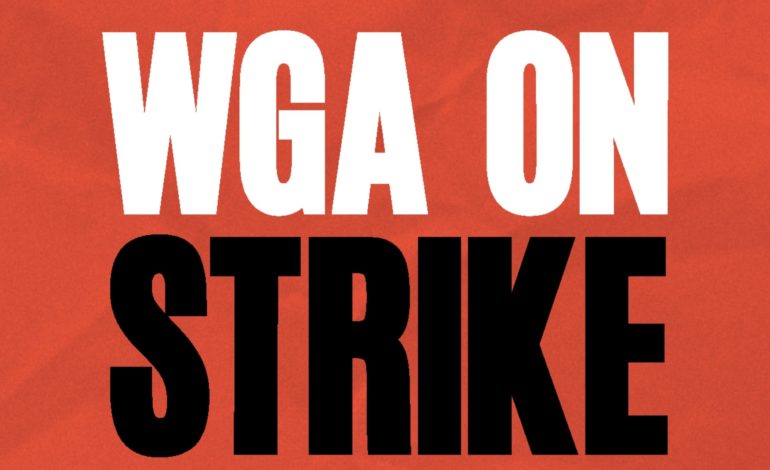

After five long months of continuous strikes, the WGA and the AMPTP have finally agreed on a new contract offering major milestones for writers across the industry. While the agreement will enter the ratification phase, the strike ended Wednesday at midnight, allowing old and new writers to return to work.
The new agreement touches on every issue presented by guild leaders, including residuals, minimum staffing, and AI abuse. According to the new terms, residuals for streaming films and series will be based more on viewerships and given through “a bonus equal to 50% of the fixed domestic and foreign residual, with views calculated as hours streamed domestically.” To guarantee that the pay will remain fair for writers, the contract also promises full transparency of streaming date, permitting writers to keep track of their earned residuals.
The contract also promises minimum staffing in development and writers’ rooms. With this minimum, it promises writers and writer supervisors that their jobs would be safe for an extended period to match this quota. In a post-greenlight room, for instance, the staff is guaranteed a minimum 20-week run or the post-greenlight’s length to help further develop the show. Despite many experts skeptical about the guild receiving these benefits, the contract marks a win for those hoping to hold onto their work long enough to make a name for themselves.
Throughout the strikes, many members have called out producers’ abuse of AI and how it can and has been used to churn out screenplays and stories using other writers’ words without their express permission. While the contract does not outright ban the use of AI, it still allows writers to protect their work from being rewritten or written by AI programs. These programs can help the writer if the company gives permission, but they can not be used alone to write an entire story.
In an interview for Deadline, WGA Chiefs Ellen Stutzman and Meredith Stiehm expressed their excitement over the new agreement while promising to support SAG-AFTRA during their continuing strikes and possible negotiations. Though saddened by what they call an outdated model from the AMPTP, Stutzman praised all those who have “gone through this [that] recognize[d] that solidarity and resolve made this possible.”
The ratification process is set for October 2nd through the 9th. While guild members vote over the new contract, writers can return to their screenplays.
